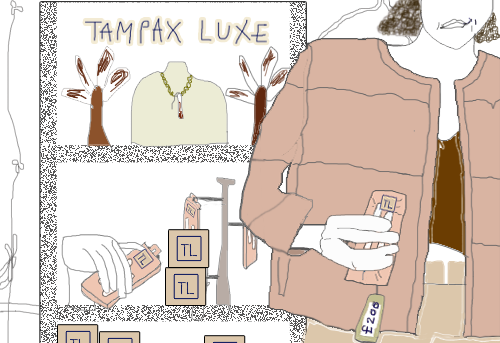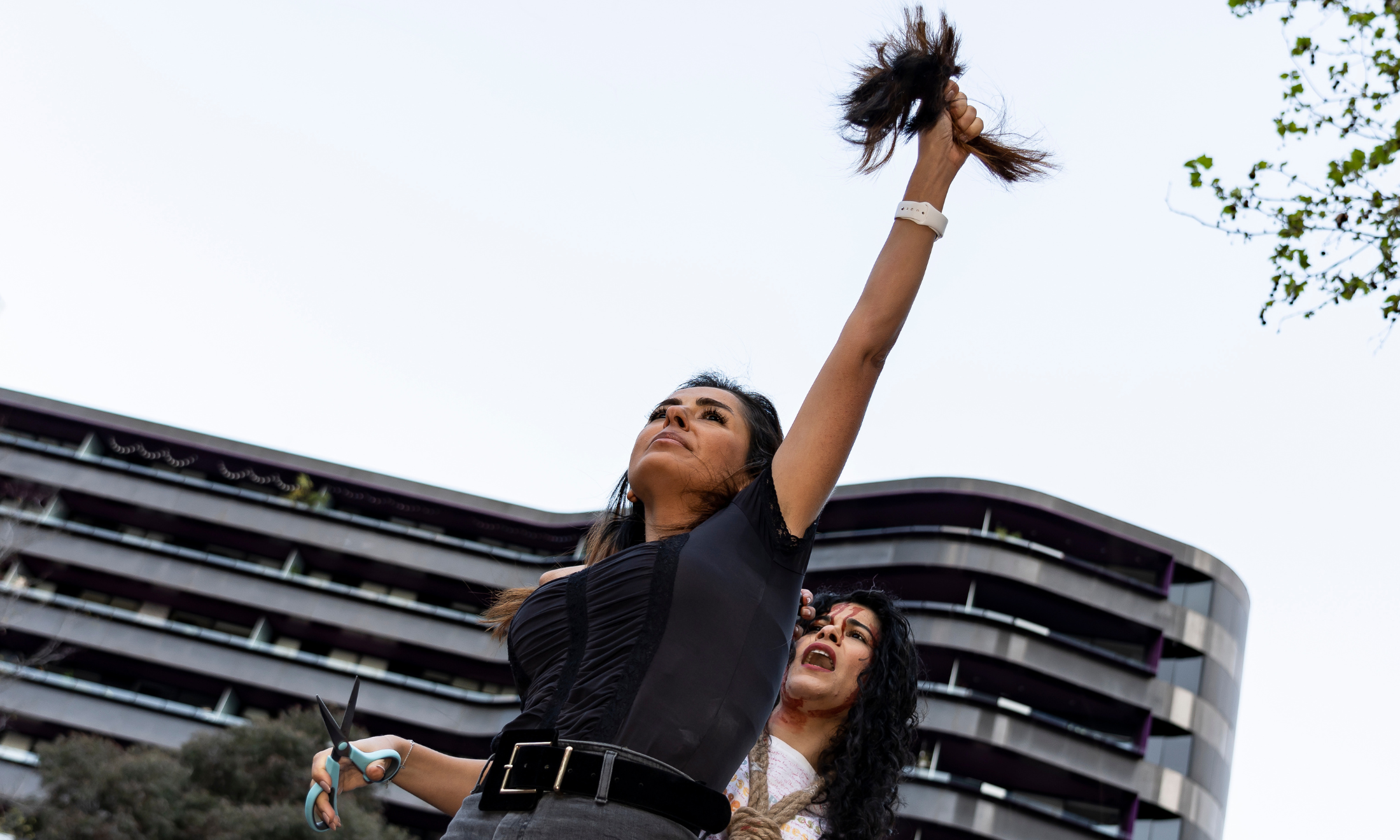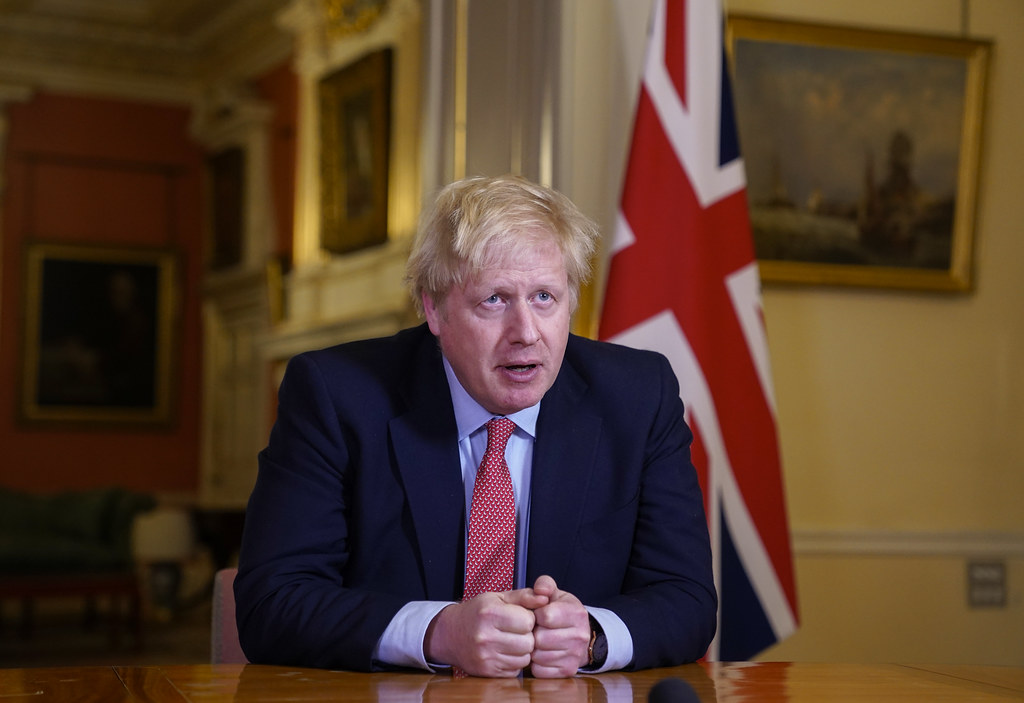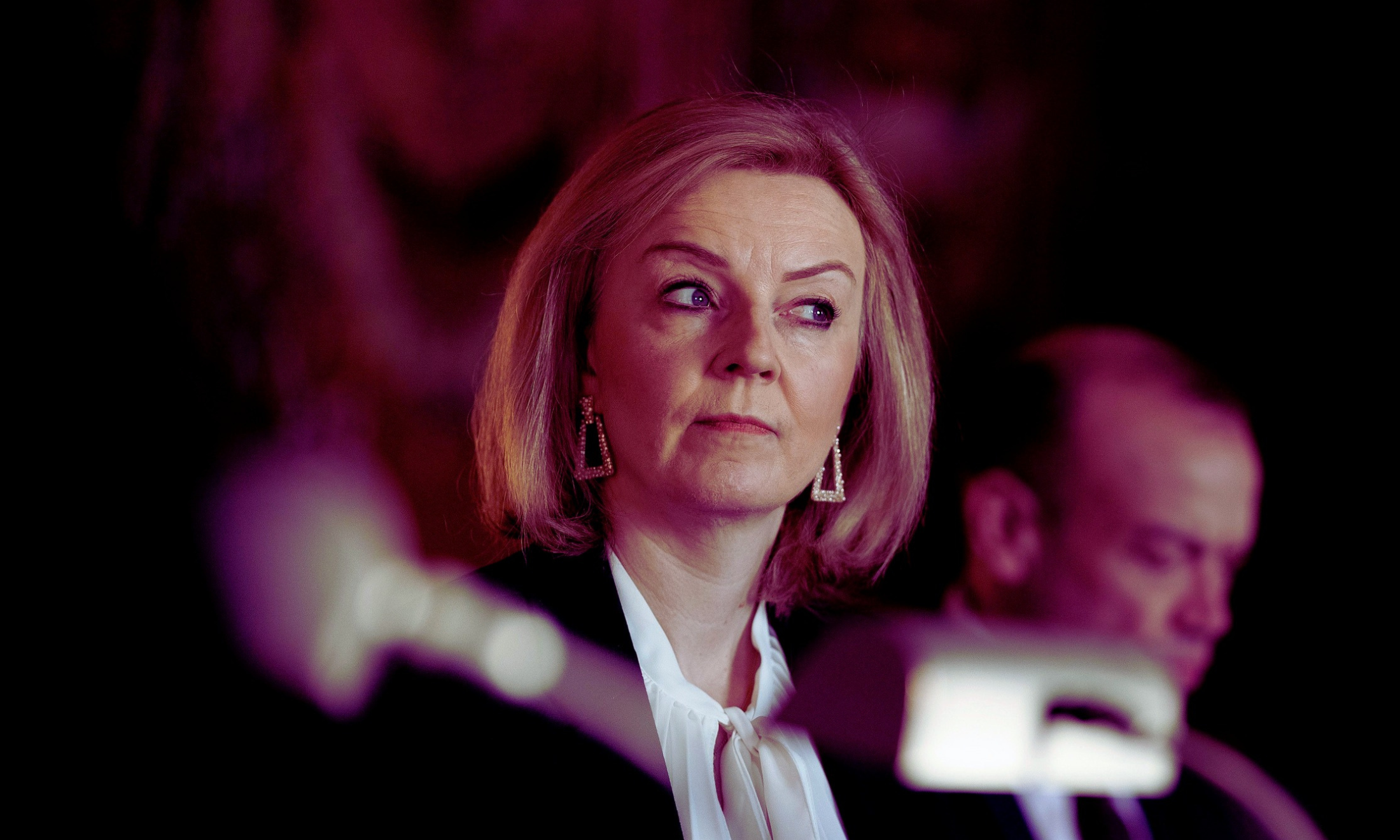
The “tampon tax”, a five per cent luxury tax on sanitary products in the UK, is symptomatic of the institutionalised misogyny in our society manifesting itself through policy. The idea of sanitary products being a luxury item comes from the idea that they are “non-essential”, which, as anyone who has had a period can tell you, is wholly untrue. Though the tax fell from 17.5 per cent in 2000, its very existence is a disgrace – especially considering that there is no tax on men’s razors or even on some sugary foods like jaffa cakes. The backlash against the tampon tax is growing worldwide, with continuing pressure on both national and international governments to scrap it. There have been successes in both France, Canada and even small successes in the UK, where a new fund has been set up to redirect the money raised from the tax into women’s services.
The main problems with the tax are heavily rooted in intersectional issues, as highlighted in Kuba Shand Baptiste’s gal-dem article on the potential for reusable sanitary products. If you’re a women in prison, then your access to essential menstrual resources are limited and in some cases withheld as a form of cost-cutting and punishment. Furthermore, we also know that there is a huge pay gap between white and BME workers, meaning the tax heavily disadvantages the poor. As benefit changes come into place and the price of living increases we can expect that people will have less money and struggle to cater for their basic necessities.
Albeit it in a slightly backwards, Robin Hood-esque way, a portion of the receipts from the tax have been put into the £2.2 million Woman to Woman fund managed by Rosa (the first and only UK-wide fund for women and girls, with a mission to leverage gender equality and social justice). They are currently giving grants of up to £25,000 to no fewer than 100 local grassroots women’s organisations across the UK. Rosa has already been incredibly active against in the fight to tackle FGM and supporting activists and is really making strides in women’s issues. The recent launch of Rosa’s Woman to Woman fund is an important move to support women’s services across the UK, as there are an estimated 20,000 dedicated women’s organisations provide essential services and campaign for change. Despite the high number of organisations, women’s organisations in particular are chronically underfunded with only 5 percent of total grant monies from 42 European foundations benefitting women and girls.
Seyi Newell is the founder of Tribe, an organisation that develops and inspires women from under-represented groups, and the Communications and Campaigns manager for Rosa. We spoke about whether or not she felt that the tax should continue, seeing as it fills a gap in the funding of women’s organisations that are often left underfunded. She felt that although Rosa are fully aware that the “tampon tax is unfair and it shouldn’t exist, women in UK are the ones who have paid into it, and the funds raised should go to organisations and projects that support women and work towards creating a fairer and more equal country”. Though this is a great initiative, if we want to use the redistribution of funds to help charities, perhaps we should look at the goods we universally recognise as real luxuries to ensure that it is morally acceptable.
The existence of the Rosa Fund is an excellent example of how the distribution of resources can be effective and meaningful. In a time of austerity where people are less likely to part with their money irrespective of the cause, we need to be strategic with the ways in which we fund the support of the most disadvantaged. However, VAT (Value Added Tax) is a regressive tax consumption tax which means that poorer people will pay a higher percentage of their income on the tax as opposed to richer people. This is because those from poorer backgrounds have a higher marginal propensity to spend on goods and will spend more of their money on VAT. In relation to the tampon tax, it means that although the redistribution of the tax helps women who would otherwise not receive it, we are essentially stealing from the poor to give to the needy.
With the relaxed EU laws on VAT allowing greater flexibility on rate-setting and the current government’s plans to scrap the tax anyway, there leaves an air of uncertainty around the future of these organisations and what will be put in place to support them at a later date. Yes, we should be funding women’s organisations, but do we create more vulnerability by leaving them high and dry post-tampon tax?
You can find out more about the Woman to Woman fund and how to apply to it here.









